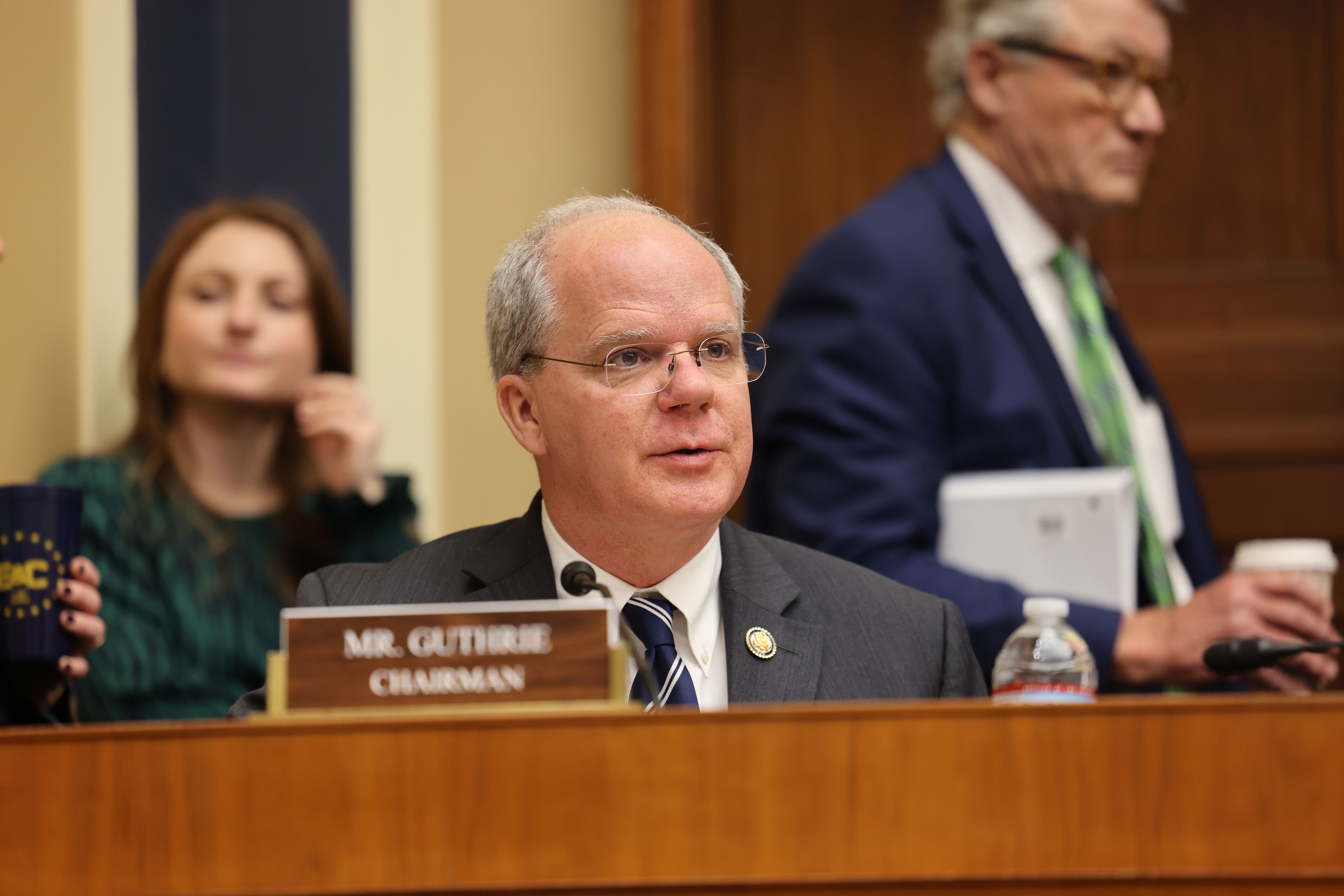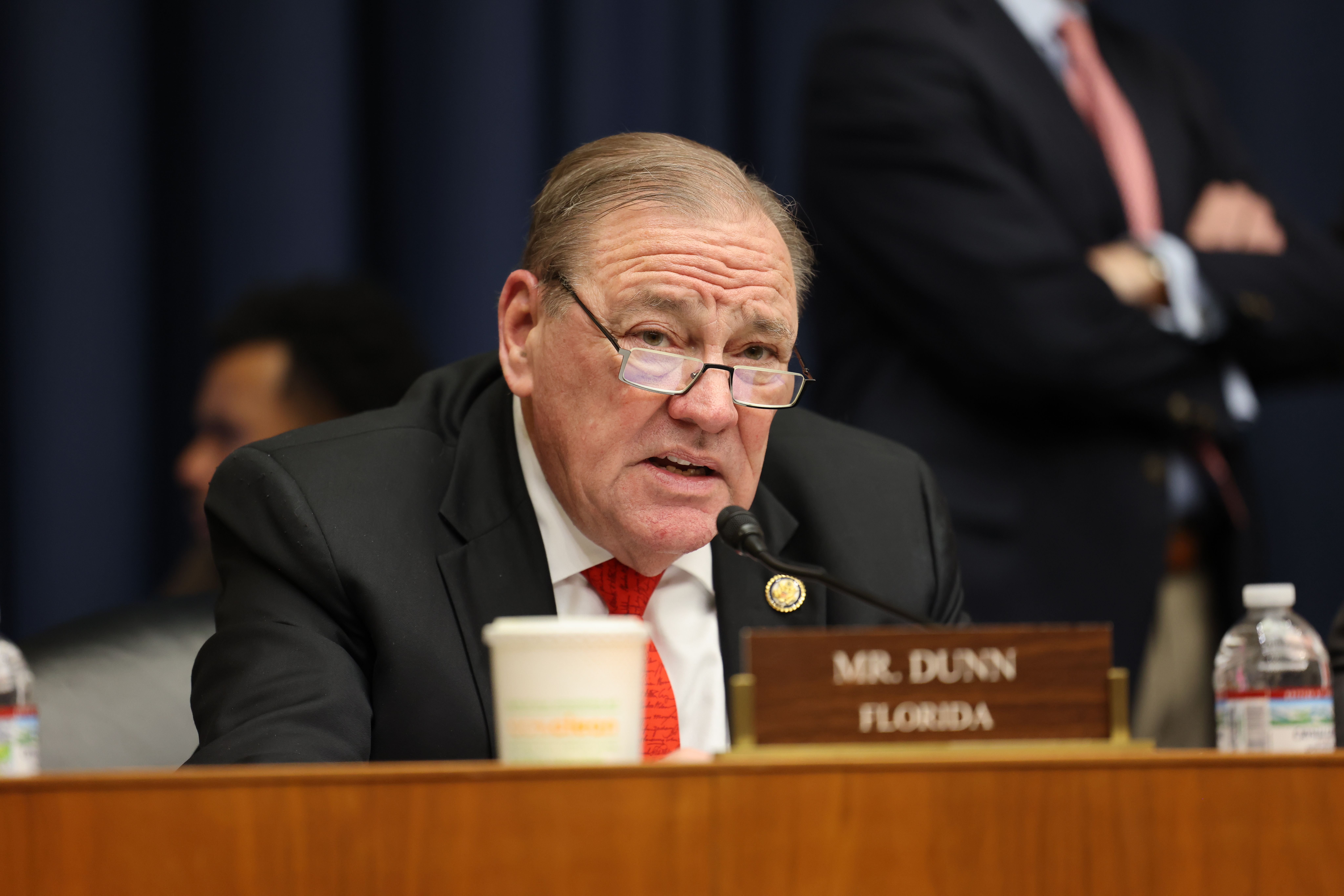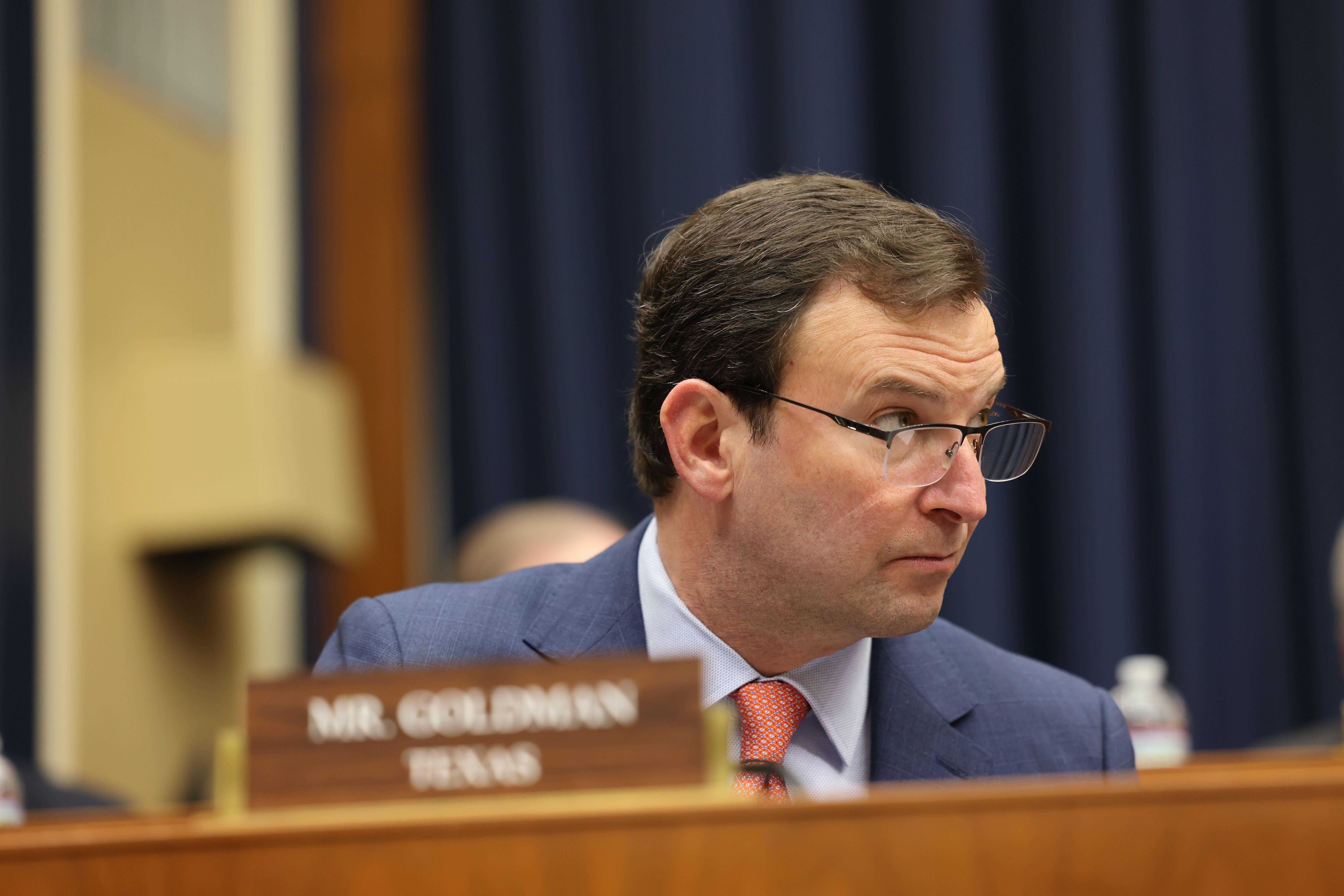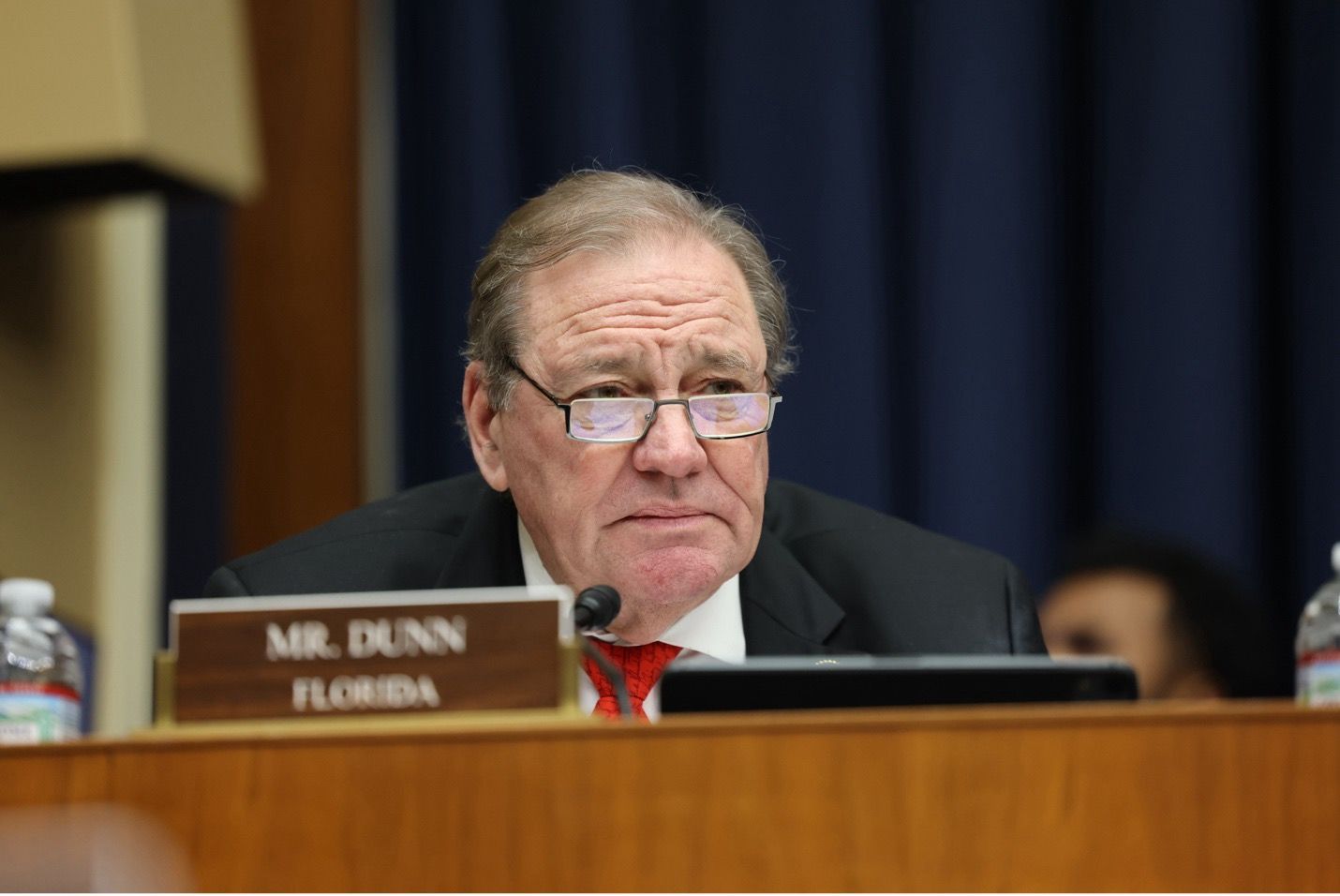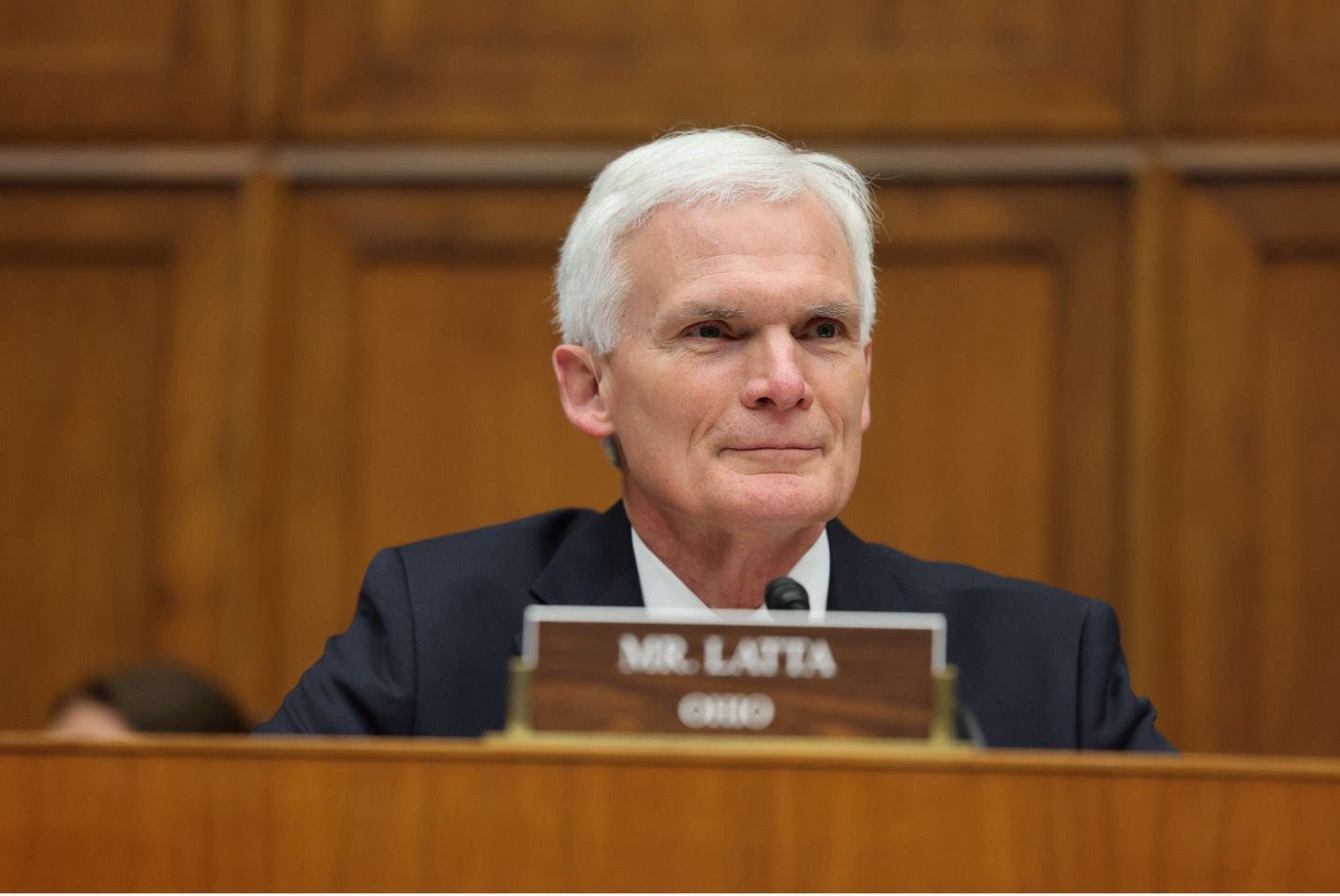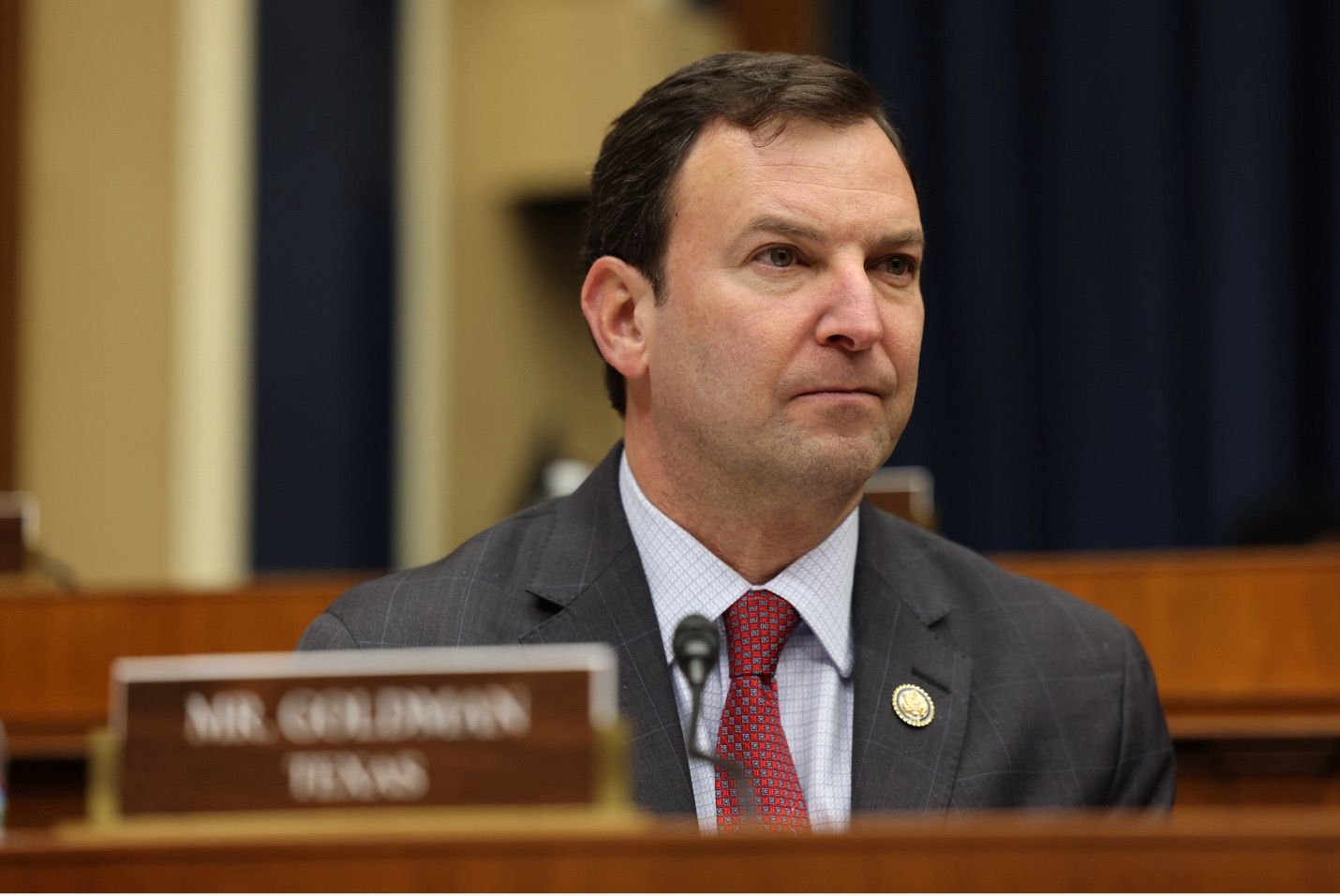WASHINGTON, D.C. – In case you missed it, the Orrin G. Hatch Foundation’s 2025 Hatch Center Policy Review featured an essay by Congressman Brett Guthrie (KY-02), Chairman of the House Committee on Energy and Commerce, titled Dominance, Deployment, and Safeguards: The Path for American AI Leadership.
In the essay, Chairman Guthrie warns that America risks falling behind China in artificial intelligence and outlines a strategy to strengthen U.S. innovation, secure supply chains, and expand global leadership.
In Case You Missed It:
“One of the defining traits of the American experiment has been a commitment to exploring the unknown. From the early explorers who first landed in the Americas to the modern technology industry that has placed a powerful computer in the pocket of every American, we are a nation of trailblazers.
“What makes this moment unique is the pending threat to America’s leadership in artificial intelligence (AI) technology by the People’s Republic of China (PRC) and Chinese Communist Party (CCP)–backed companies, many of which have developed advanced technologies nearly at parity with that of American AI companies. Knowing that the AI revolution will define economic growth and global competitiveness for the next century, the United States must choose to innovate.
“The stakes couldn’t be higher. China already deploys next-generation technologies to advance many of the regime’s most sinister goals focused on enhancing the power of its Orwellian surveillance state utilizing advanced computing. Even more concerning to the American public is the threat of an adversary’s technology stack serving as the building blocks for future advancements or as a strategic chokehold. For example, we have unfortunately learned this lesson the hard way through Chinese bottlenecks related to telecommunications equipment and critical mineral mining and processing.
“Strengthening our supply chains is an area where Republicans and Democrats largely agree. Even the Biden Administration took dramatic action to address national security risks from autonomous and connected vehicles to prevent cars and trucks built by CCP-aligned manufacturers from operating in the United States.
“President Trump has also been crystal clear: American supply chains can no longer rely on our adversaries’ goodwill. China will use any economic and technological leverage over Americans and the products we use if given the opportunity. The ongoing threat of China doesn’t just call for an agenda that restricts the aggression of the PRC, but also an agenda that promotes American innovation at home and abroad.
“At the House Committee on Energy and Commerce, we have three pillars that guide our approach to AI: dominance, deployment, and safeguards.
“For the United States to be dominant in AI, we must be the ones to actually develop and deploy these new technologies at scale. When I talk with business leaders, they tell me we have the brainpower and the capital necessary to compete. However, we still need to increase our energy production to meet rising electricity demand, and we need to ensure our regulatory environment is structured to meet this moment.
“China has chosen the path of top-down government control to drive its AI industry. While this strategy affords the CCP some advantages, the American model of bottom-up, free-market capitalism has long been the engine of innovation for the world, and it is more efficient in the long run.
“Unfortunately, our allies across the Atlantic have taken the opposite approach and made the mistake of racing to heavily regulate technologies, slowing innovation as a result. Onerous, conflicting, and confusing regulations are suffocating European technology companies and effectively grounding the AI industry there before it can even get off the ground.
“And to those who recommend America follow that path, I would remind you: We are not in a race with Europe to regulate. We are in a race with China to innovate.
“A patchwork of state laws here at home would have the same effect, stalling AI development and deployment and providing our adversaries with opportunity to advance, excluding Americans from the benefits of a new technological revolution founded on fundamentally Western values. It is vitally important for American technology companies to be the ones setting global technology standards for the next generation of tools and systems.
“President Trump’s AI Action Plan includes a range of policies to put us back on track to export a full American stack of AI products and services to our allies. Prioritizing the export of American products and services helps embed American-driven technical standards in global markets, expand our economic influence, and strengthen our national security.
“But maintaining global leadership cannot occur without deploying energy and broadband infrastructure at scale. By consuming enormous amounts of electricity to power vast networks of computers, AI data centers effectively convert energy into intelligence, and at a scale we’ve never seen before.
“The U.S. is blessed with an abundant supply of natural resources that can be leveraged to generate the baseload, dispatchable electricity necessary to power data centers, broader electrification efforts, and advanced manufacturing. But we need the right approach at the federal level to seize this moment, and building the energy infrastructure to power the future is the first step.
“But we also need to look at the broad application of AI technologies and the promise of benefits for consumers that span our entire economy. This year the Committee has already held hearings across our wide jurisdiction demonstrating the ways AI can improve the everyday lives of Americans.
“For example, AI technologies can help to limit the frequency and duration of network blackouts, meaning better coverage in cases of emergencies or cyberattacks. After an expansive operation to cripple telecommunications in New York City was linked to China this fall, this could mean the difference between life and death.
“Autonomous vehicles are on track to have the same effect. The National Safety Council estimated that Advanced Driver Assistance Systems could save hundreds of thousands of lives in the coming decades. Even setting aside the radical improvements in safety, AI-supported vehicles will offer elderly Americans and people with disabilities new options for independence.
“In health care, AI can expedite the repetitive, administrative processes that slow treatment and research, freeing providers to focus on their core skills treating patients. Supporting—not replacing—health care professionals has long been a critical priority for Congress, and artificial intelligence may represent a generational opportunity to advance those efforts.
“You may see a theme emerging: AI can make the world safer and workers more productive. But with that goal in mind, we also recognize the need for narrowly tailored protections to address new and unexpected harms. The TAKE IT DOWN Act—which was signed into law earlier this year—is a perfect example of Congress’s ability to provide guardrails where existing law does not suffice. Bipartisan majorities in Congress worked closely with the President and First Lady Melania Trump to target the spread of sexually exploitative, non-consensual AI images, filling gaps in the law related to emerging technologies.
“With AI advancements continuing to permeate the digital economy, American families deserve tools as sophisticated as the platforms their kids are using. Modern challenges require modern protections, which is why the Energy and Commerce Committee is also working to make the internet safer for kids as AI technologies increasingly shape online experiences.
“Similarly, Americans of all ages should be entitled to commonsense data privacy protections, especially in the era of large language models that use vast amounts of data to train AI algorithms. Passing one national, comprehensive data privacy bill—so your privacy protections do not change crossing state lines—would be a critical step toward restoring trust online, without unduly hurting American entrepreneurs.
“Artificial intelligence is already helping raise the tide so every American can benefit. Continuing that momentum requires commitments and intentional decisions by the leaders of industry, government, and civil society. Challenges will inevitably arise, but that has never stopped our nation from innovating, creating, and growing before.
“The rest of this century will either belong to the United States and its allies or China. If we cede the technological edge, we risk losing our ability to expand our influence abroad and will provide a platform for China to expand its authoritarian state and stifle human freedom.
“The strong U.S. economy and our workers are the greatest assets we have. As long as we choose to embrace those strengths instead of holding ourselves back, America will continue to succeed. Our leadership has undoubtedly made the world stronger and more prosperous in recent decades, and we don’t plan on stopping now.”
